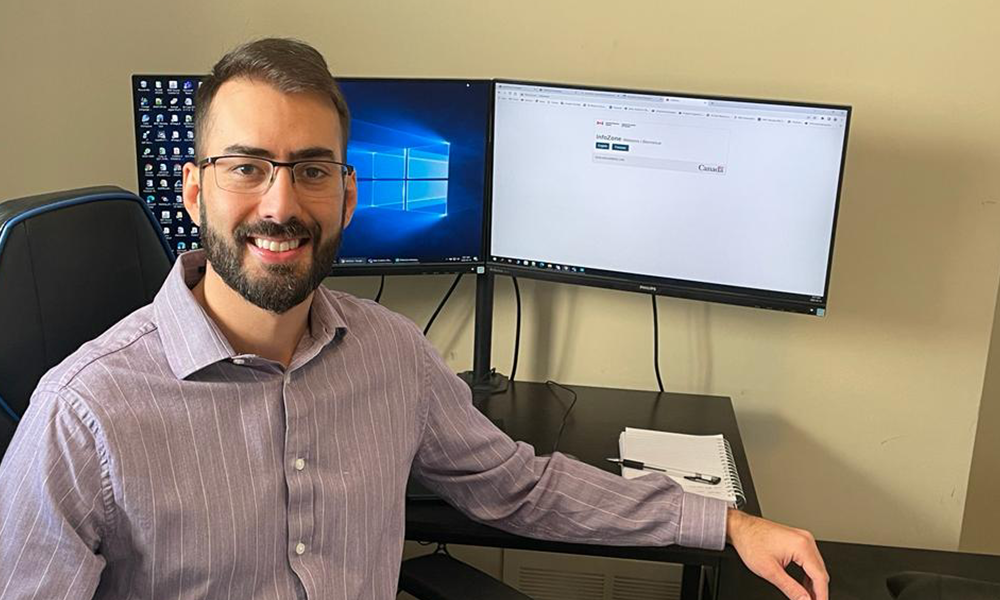1-Update your resume to meet Canadian expectations
The resume format employers look for might be different in Canada. Here is a list of some important tips when developing your resume:
- Do not list personal information such as nationality, gender, religion, marital status or date of birth. A photo is not necessary and is generally best to exclude, though may be accepted in specific situations, for example, when applying for creative roles.
- Personalize your resume to reflect skills and accomplishments from paid and unpaid experiences.
- Include your international experience and education if it’s related to the position you are seeking.
- Emphasize any languages that you speak in addition to English.
- Include a customized cover letter, even if it is not requested.
- Have your documents triple-checked for syntax, grammar and spelling errors.
2-Look for opportunities to gain experience in Canada
Getting local experience will help you become familiar with the culture and language and show employers that you can adapt to the employment market around you.
Gaining this experience doesn’t necessarily need to be a paid position. A volunteer or internship position is beneficial to building experience in your field, and will add value to your resume.
3- Get ready for the interview process
What employers look for and evaluate in an interview process might be different in Canada. Here are some recommendations to help you make a good first impression:
- Arrive 15 minutes early – don’t let anyone wait for you.
- If you have an online interview, check your internet connection and open the link a few minutes before. You will likely wait in a virtual waiting room.
- Respect the personal space and privacy of others.
- Dress the part. This applies whether you are in person or online for your interview. If you’re unsure what is appropriate, always air on the side of being one step higher than you think you should be.
- Practice good hygiene.
- Make eye contact.
- Prepare a few open-ended questions for the end of the interview.
If you need help preparing for a new job or career, the Employment Support Centre at Algonquin College is here to guide you. This Thursday, March 31, the Centre is hosting an online Job and Career Workshop designed for International students. Register now to learn how to improve your interview skills.
The Employment Support Centre is located within the Welcome Centre. Visit the website for more information and tips. You can also book an appointment by emailing welcomecentre@algonquincollege.com or calling 613.727.4723 ext. 7200.
